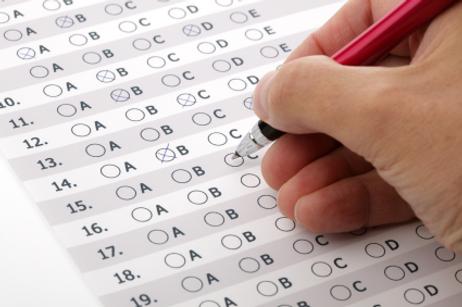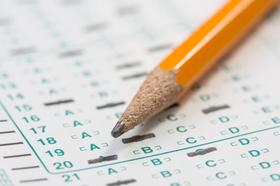A friend of mine was facing the first situation. She was not happy with her child's public school. Therefore, in January, she and her husband decided to see if there were a place at a local private school about which she knew and of which she thought highly. It turned out that the school did have room, subject to the standard testing and formal admissions process. My friend did have to meet deadlines to complete her child's admissions portfolio, but she did not have the pressure which the second scenario of finding a school in a new city or country entailed.
The just-announced job transfer makes finding a private school in a hurry an absolute necessity. The resulting pressure is enormous. After all, you not only have to uproot and move your family, you have to find a school for your children as well.
So,
















































-4c3194pi4wis8gsg004w0g44w-280.jpg)


